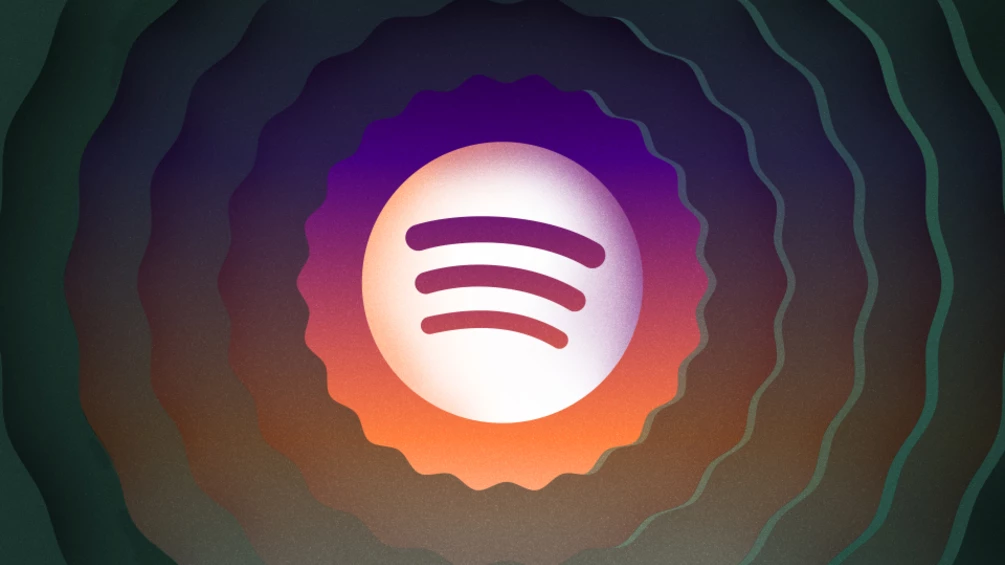Spotify says it has removed 75 million AI-generated tracks from its platform over the past year in a bid to crackdown on people fraudulently gaming its payout system.
The streaming giant has pledged to strengthen its AI protections for artists, songwriters and producers, and is introducing a new “spam filter” to target “mass uploads, duplicates, SEO hacks, artificially short track abuse, and other forms of slop”. The company has also acknowledged that its existing measures for combatting spam uploads have “become easier to exploit as AI tools make it simpler for anyone to generate large volumes of music.”
In a statement, the platform said: “At its best, AI is unlocking incredible new ways for artists to create music and for listeners to discover it. At its worst, AI can be used by bad actors and content farms to confuse or deceive listeners, push ‘slop’ into the ecosystem, and interfere with authentic artists working to build their careers. That kind of harmful AI content degrades the user experience for listeners and often attempts to divert royalties to bad actors.”
The streaming service will also enact “stronger impersonation rules”, which will crack down on unauthorised AI voice clones and other forms of impersonation of artists. An AI disclosure tool is additionally being developed to give “artists and rights holders a way to clearly indicate where and how AI played a role in the creation of a track – whether that’s AI-generated vocals, instrumentation, or post-production.” This will ensure that genuine uploads aren’t inadvertently taken down.
AI-generated spam uploads are a significant problem for streaming platforms like Spotify, as well as musicians, because every stream that lasts over 30 seconds generates a royalty for the scammer behind it, thus affecting payments to legitimate artists. Of the 75 million spam tracks that Spotify removed over the past year, some were identified before they were uploaded as part of an existing filtering process, while others were taken down after being identified as fraudulent.
Last year, Spotify officially demonetised all tracks with under 1,000 streams. It claimed that it was doing so in order to curb “manipulation by bad actors” who use automatic and artificial plays to generate streams and payments, but the move came under fire from both musicians and musicians’ unions who argued that 86 percent of all content on Spotify would now fail to meet the criteria for royalties based on play count.


